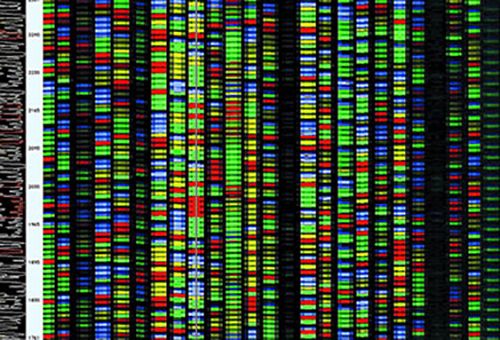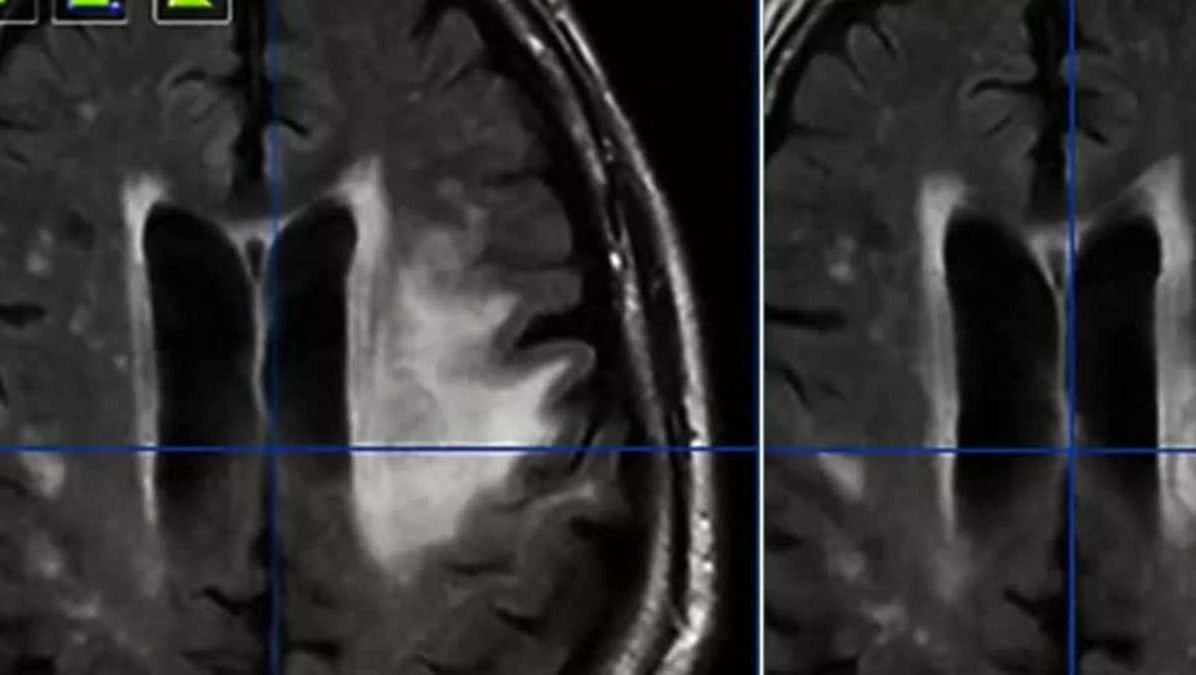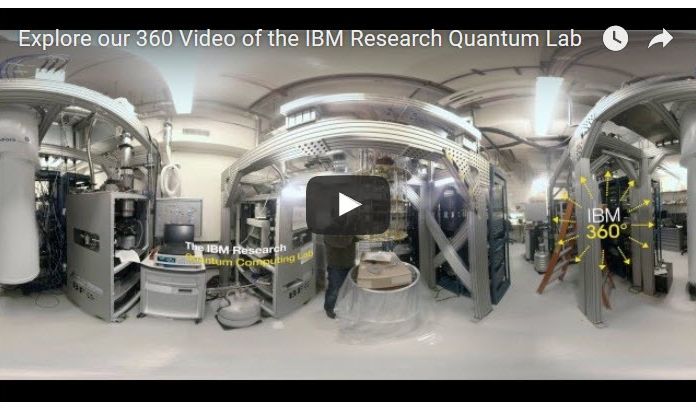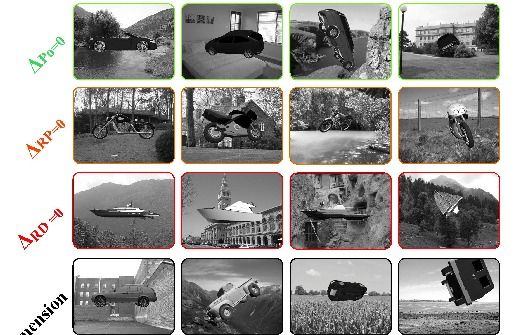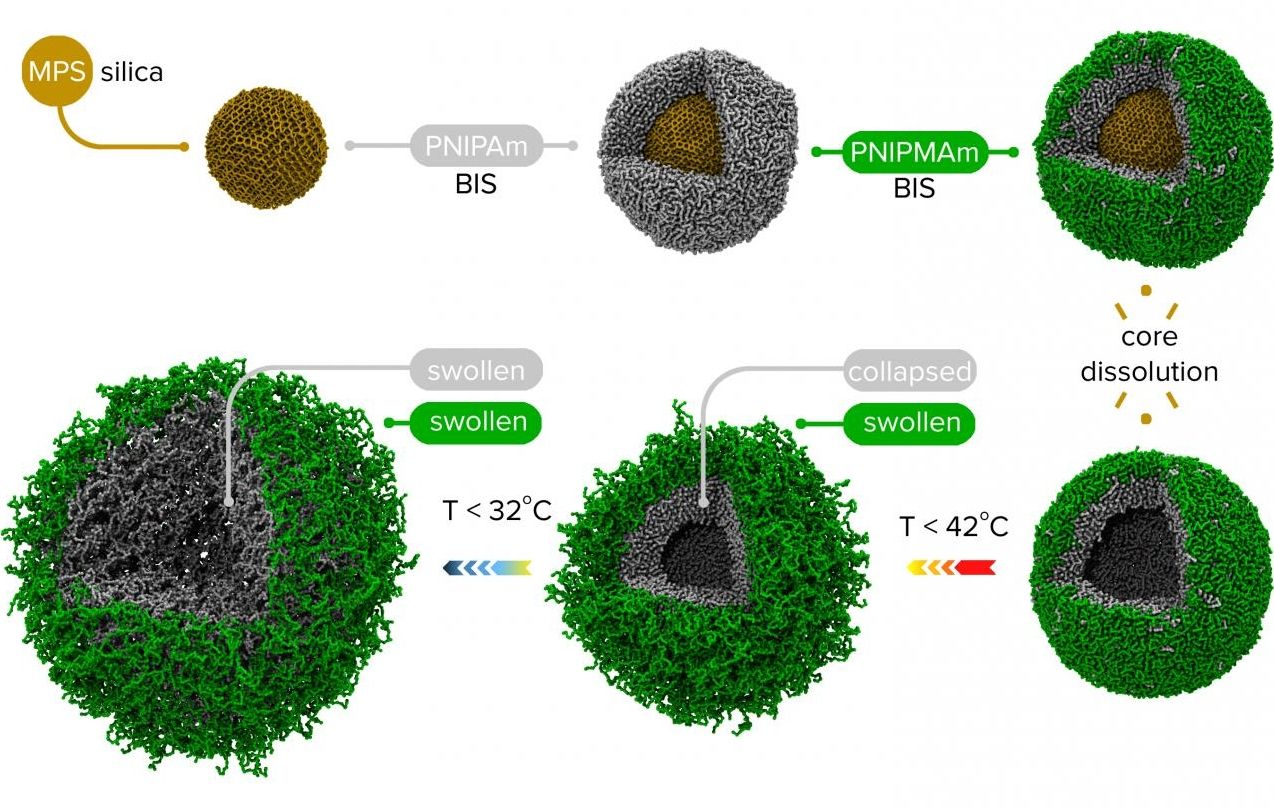May 4, 2016
Biogen haemophilia spin-out to develop gene therapies and long-acting factors
Posted by Karen Hurst in categories: business, life extension
The new entity will focus on a haemophilia pipeline utilising the XTEN half-life extension technology, bispecific antibodies and gene therapies.
Biogen announced yesterday it is planning to spin-out its haemophilia business into an independent, public firm based in Boston, Massachusetts by early next year.
Management said during a conference call this was the right time for a spin-out as Biogen’s haemophilia business has matured.
Continue reading “Biogen haemophilia spin-out to develop gene therapies and long-acting factors” »

